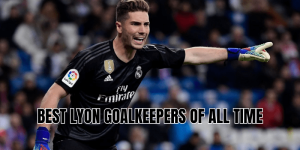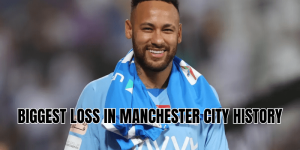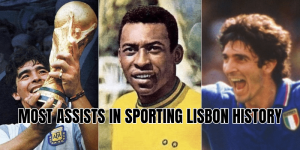When Chelsea splash big dollars on signings, the counterbalance must come. The who should Chelsea sell question isn’t just about trimming a bloated squad — it’s about crafting a sharper, more sustainable roster that can compete at the top of the Premier League and in Europe. In this article, BKKGoal will guide you through Chelsea’s most likely candidates for departure, explain the logic behind each, and discuss what these sales mean for the club’s future.
Why Chelsea Must Sell
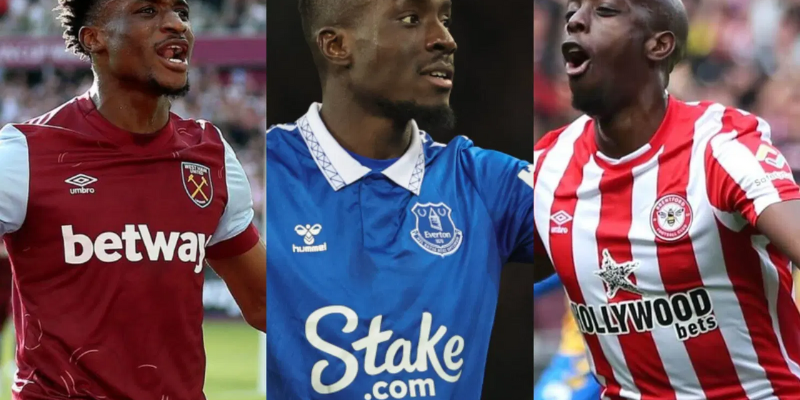
The blow of heavy spending demands a financial offset. Chelsea entered the 2025 summer window with ambitions to assemble a powerhouse under Enzo Maresca — but that has to be balanced by offloading fringe players, high-earning misfits, and underperformers. Market-watchers estimate that Chelsea could raise over €300 million (or ~£255 million) through player sales if they execute their plan well.
Beyond the financials, squad dynamics demand it. Too many players fighting for too few spots breeds friction and limits playing time for rising stars. The club must also register new players for competitions like the Champions League — and that requires removing names, Chelsea must shed weight.
Top CandidatesShould Chelsea Sell
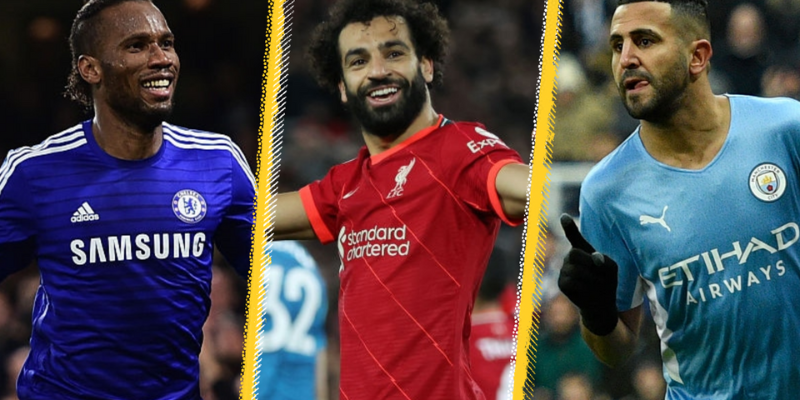
Here are the prime names expected to depart. These aren’t wish-lists — many are already in advanced talks or are sidelined within the squad plans.
| Player | Position | Why Chelsea Should Sell | Potential Range / Status |
| Christopher Nkunku | Forward / Attacking Mid | Injuries, inconsistent output, high wages — better to cut losses while still having market value | Already linked with AC Milan move |
| Joao Felix | Forward | Never fully adapted; tactical disconnect | Already exiting in 2025 summer window |
| Noni Madueke | Winger | Limited impact, surplus to attacking needs | Sold to Arsenal in summer 2025 |
| Raheem Sterling | Winger / Forward | Contract burden, reduced output at elite level | Listed among expected sales |
| Axel Disasi | Centre-back | Was loaned out; not central to Maresca’s defense | Loaned to Aston Villa, likely permanent departure |
| Ben Chilwell | Left-back | Injuries, age, and competition make him dispensable | Expected sale in summer window |
| Kiernan Dewsbury-Hall | Midfielder | Failed to solidify a role, lacks impact in midfield | Included in many “must-sell” articles |
| Renato Veiga | Midfielder | Overshadowed, surplus to first-team plans | Sold to Villarreal in summer 2025 |
Below, we dive dee.
Key Departures Explored
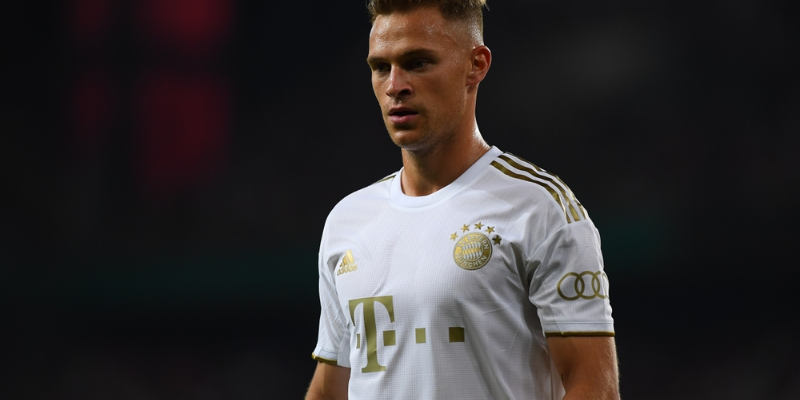
Christopher Nkunku: Risk vs Reward
Nkunku arrived with high expectations, but injury setbacks and inconsistency have clouded his tenure. At 26, he still holds enough market value to fetch a healthy return. Chelsea may see this as the moment to cut losses while some value remains. While some still believe he can bounce back, the club’s direction suggests they prefer to reinvest more reliably.
Joao Felix & Madueke: Two Forwards Out
Felix and Madueke were acquired with hope, but neither fully integrated into Maresca’s system. Their exits free up attacking spaces and salaries for more coherent offensive planning. The Felix deal is already confirmed in the summer window, and Madueke’s sale was in motion early in the transfer period.
Defensive Options: Disasi & Chilwell
Chelsea’s defense is evolving. Disasi already found himself on loan, signaling that he was surplus to requirements. Chilwell, meanwhile, has been hampered by injuries and stiff competition in the full-back department. Offloading them allows Chelsea to focus on younger defenders or invest in fresh profiles better suited to Maresca’s style.
Midfield Fat: Dewsbury-Hall & Veiga
Midfield is the engine room, and Chelsea has options. Dewsbury-Hall’s underwhelming contributions and Veiga’s limited integration put them at the back of the queue. Parting ways allows more minutes for talents like Enzo Fernández, younger signings, or new arrivals.
Risks & Counterarguments
Selling star names comes with risk. If replacements don’t deliver immediately, fan and media pressure will intensify. Exiting too many players at once may harm squad depth — especially in injury-plagued periods. Some supporters would argue that Nkunku or Felix still have untapped potential. Yet the club appears confident in its strategic pivot: quality and coherence over excessive quantity.
Another risk is market liquidity. If clubs hesitate amid inflated valuations or wage demands, Chelsea might struggle to find buyers at desired prices. That means they must be realistic; not all proposed sales can fetch astronomical fees.
What These Sales Enable
- Reinvestment into stronger fits — more focused spending, targeting areas of tactical need.
- Younger talents rising — room for academy graduates, new signings, and Maresca’s preferred styles.
- Financial flexibility — enabling Chelsea to balance books, register squads, and follow UEFA rules.
- Sharper squad identity — trimming underperformers improves cohesion and morale.
The names who depart today signal Chelsea’s ambition to be lean, effective, and aggressive in the markets where they choose to compete.
Conclusion
Who should Chelsea sell isn’t a rhetorical question — it’s a strategic necessity. The departures of Nkunku, Joao Felix, Madueke, Disasi, Chilwell, Dewsbury-Hall, and Veiga reflect not only financial pressures, but also a vision shift under Enzo Maresca. Chelsea must move, high-impact squad construction.
By selling intelligently, Chelsea can reset their wage structure, make space for rising stars, and redirect capital into players who fit their tactical blueprint. Fans interested in tracking official departure confirmations, new arrivals, or financial totals should keep a close eye on BKKGoal’s transfer coverage.
Let’s keep the conversation going — who do you think Chelsea should sell (or keep)?


